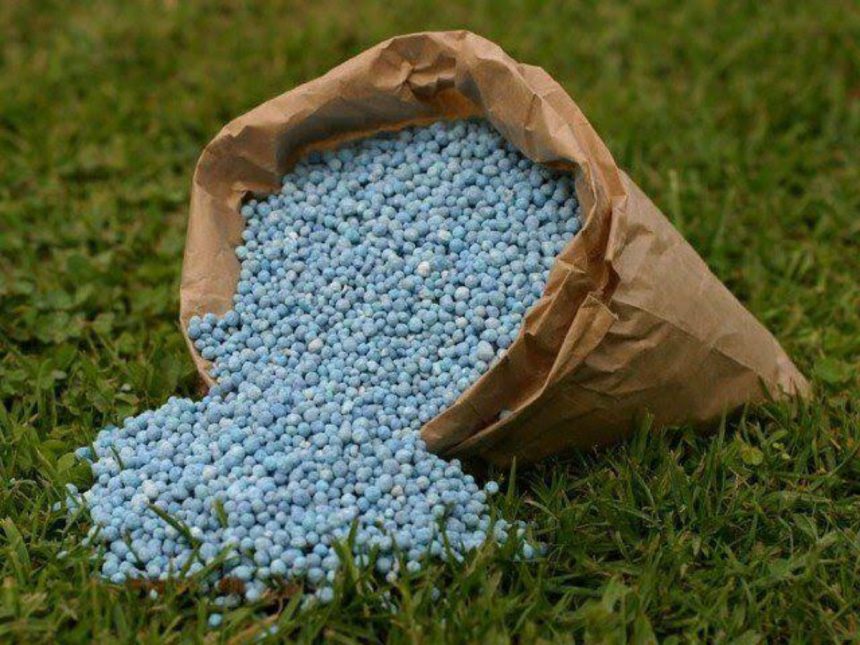In response to the escalating food prices, the Central Bank of Nigeria (CBN) has allocated 2.15 million bags of fertiliser, valued at over N100 billion, to the Ministry of Agriculture and Food Security.
This measure is part of a broader strategy to address the country’s severe food inflation, which has reached its highest level in decades due to factors such as a declining Naira, reduced local agricultural output, and dependence on costly imported food.
Recent statistics from the National Bureau of Statistics indicate a significant increase in the annual food inflation rate, which stood at 35.41% in January, marking an 11.9% rise from the previous year.
The Ministry of Agriculture attributes this inflationary trend to various factors, including diminished food reserves, security challenges, flooding, currency devaluation, and disruptions in the supply chain caused by the COVID-19 pandemic.
President Bola Tinubu’s decision to eliminate fuel subsidies, which cost billions of dollars annually, has also contributed to the inflationary pressures, despite ongoing subsidy payments.
CBN Governor Olayemi Cardoso emphasized the bank’s commitment to bolstering food production and stabilizing prices through this fertiliser initiative.
While acknowledging the persistence of inflationary pressures, mainly due to rising food costs, Cardoso expressed the bank’s determination to reduce Nigeria’s inflation rate to approximately 21.4% through targeted measures.
Addressing food inflation remains a crucial element in managing the overall inflation rates in Nigeria.
“The CBN has veered away from direct quasi-fiscal interventions and transitioned towards leveraging conventional monetary policy tools for executing monetary policies effectively,” he said.
“My team and I reiterate our unwavering commitment to prioritising price stability and instilling confidence in the Nigerian economy by upholding consumer price stability and ensuring a balanced foreign exchange market,” he added.





